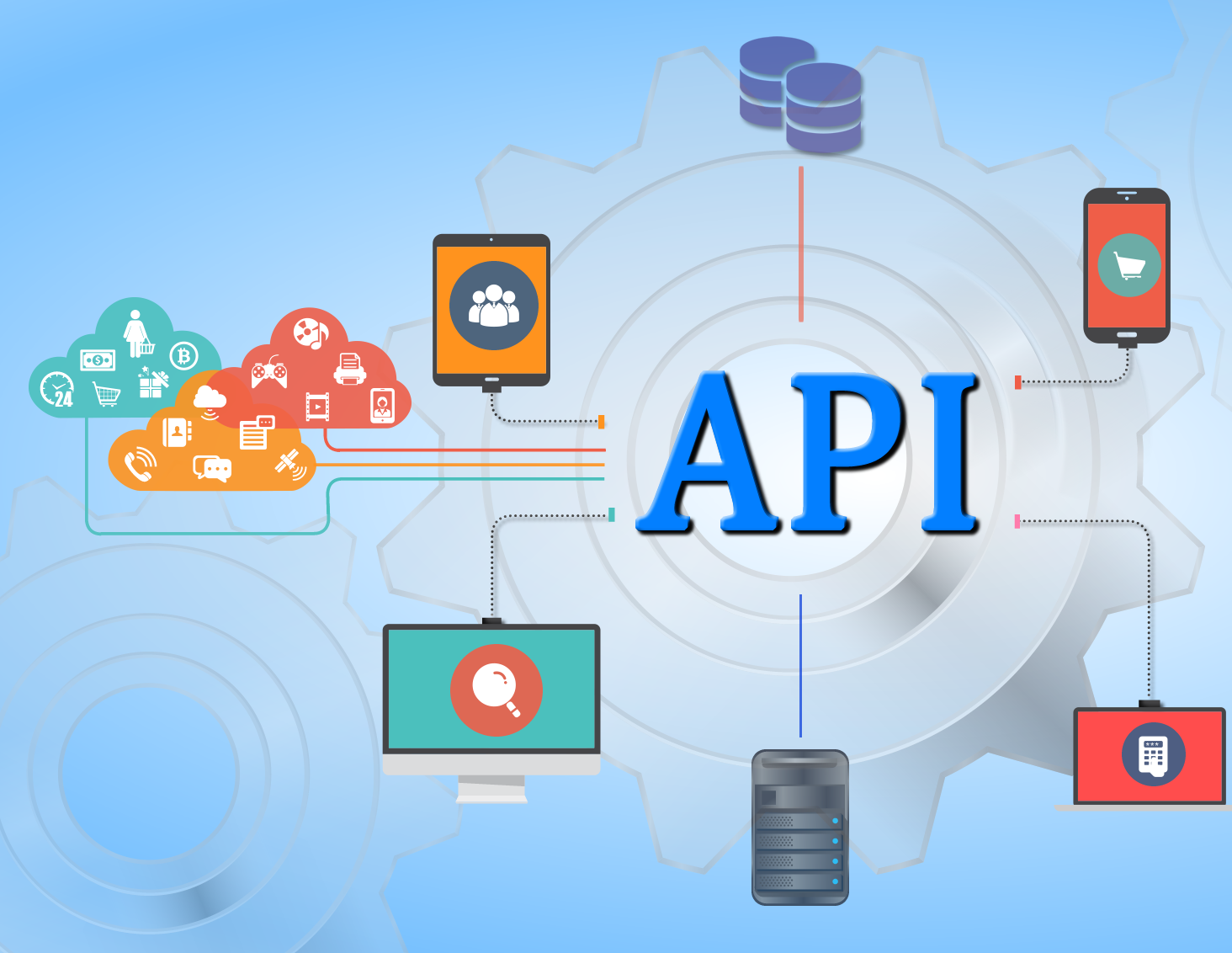In the digital age, understanding how your website ranks on search engines is crucial for online success. An API for website rankings can provide invaluable data for web developers, marketers, and business owners alike. By leveraging these APIs, you can gain insights into your website's performance, track your competition, and optimize your content for better visibility.
With the right API, you can automate the process of collecting ranking data, saving you time and effort. This technology enables you to focus on what truly matters—improving your website's user experience and increasing your search engine visibility. Furthermore, an API for website rankings allows you to integrate this data into your existing workflows, enhancing your overall strategy.
In this article, we will explore what an API for website rankings is, how it works, and why it's essential for anyone looking to improve their online presence. Whether you are an SEO professional or a business owner, understanding the significance of web ranking APIs can help you make informed decisions and drive traffic to your site.
What is an API for Website Rankings?
An API, or Application Programming Interface, for website rankings is a set of protocols that allows different software applications to communicate with one another. In the context of website rankings, these APIs provide access to data about how well a website performs on search engines. This data can include ranking positions for specific keywords, search volume, and competition analysis.
Why is Tracking Website Rankings Important?
Tracking your website's ranking is vital for several reasons:
- Performance Monitoring: Keeping an eye on your ranking helps you understand how your SEO efforts are paying off.
- Competitive Analysis: Knowing where you stand compared to your competitors can inform your marketing strategy.
- Content Optimization: Understanding which keywords are effective allows for better-targeted content.
- Business Decisions: Rankings can impact your revenue, guiding strategic decisions.
How Does an API for Website Rankings Work?
An API for website rankings works by fetching data from search engines and presenting it in a format that can be easily analyzed. When you make a request to the API, it returns information such as:
- Current ranking positions for specified keywords
- Search volume metrics
- Competitor rankings
- Historical ranking data
This data can then be used to assess performance and make adjustments to your SEO strategy.
What are the Benefits of Using an API for Website Rankings?
The benefits of using an API for website rankings extend beyond just data collection:
- Automation: Automate the tracking process instead of manually checking rankings.
- Real-time Data: Get up-to-date information instantly, allowing for quicker decision-making.
- Custom Reporting: Create personalized reports tailored to specific needs.
- Integration: Easily integrate with other tools and platforms for comprehensive analysis.
How to Choose the Right API for Website Rankings?
Not all APIs are created equal. When selecting an API for website rankings, consider the following:
- Data Accuracy: Ensure the service provides accurate and reliable data.
- Pricing: Compare costs to find a budget-friendly option that meets your needs.
- Ease of Use: Look for an API that is user-friendly and well-documented.
- Support: Good customer support can make a significant difference in your experience.
Can an API for Website Rankings Help with SEO Strategy?
Absolutely! An API for website rankings can be a game-changer for your SEO strategy. By providing insights into keyword performance and competitor analysis, you can:
- Identify high-performing keywords to target.
- Discover content gaps in your niche.
- Track the impact of SEO changes effectively.
- Adjust your strategy based on real-time data.
What are Some Popular APIs for Website Rankings?
Several APIs are widely used in the industry. Here are a few popular options:
- SEMrush API: Offers comprehensive data on keywords, traffic, and competitors.
- Ahrefs API: Provides insights into backlinks, keywords, and site health.
- Google Search Console API: Allows access to search performance data directly from Google.
- Moz API: Focuses on link metrics and keyword tracking.
How to Integrate an API for Website Rankings into Your Workflow?
Integrating an API for website rankings into your existing workflow can streamline your SEO efforts. Here’s a basic guide:
- Choose the Right API: Determine which API best fits your needs.
- Get API Access: Sign up and obtain your API key.
- Set Up Your Environment: Use programming languages like Python or JavaScript to interact with the API.
- Fetch Data: Write scripts to call the API and retrieve data on rankings.
- Analyze the Data: Use the data to inform your SEO strategies and report on performance.
Conclusion: Is an API for Website Rankings Worth It?
In conclusion, an API for website rankings is a powerful tool that can provide you with critical insights into your website's performance. By automating the data collection process and offering real-time insights, these APIs can significantly enhance your SEO strategy. Ultimately, investing in an API for website rankings can lead to better decision-making, improved visibility, and increased traffic for your website.
Nisha Guragain: Unraveling The Mystery Of Her Age
TamilBlasters Kannada: A Gateway To Kannada Cinema
Discovering The World Of 11 Movierulz Plz


